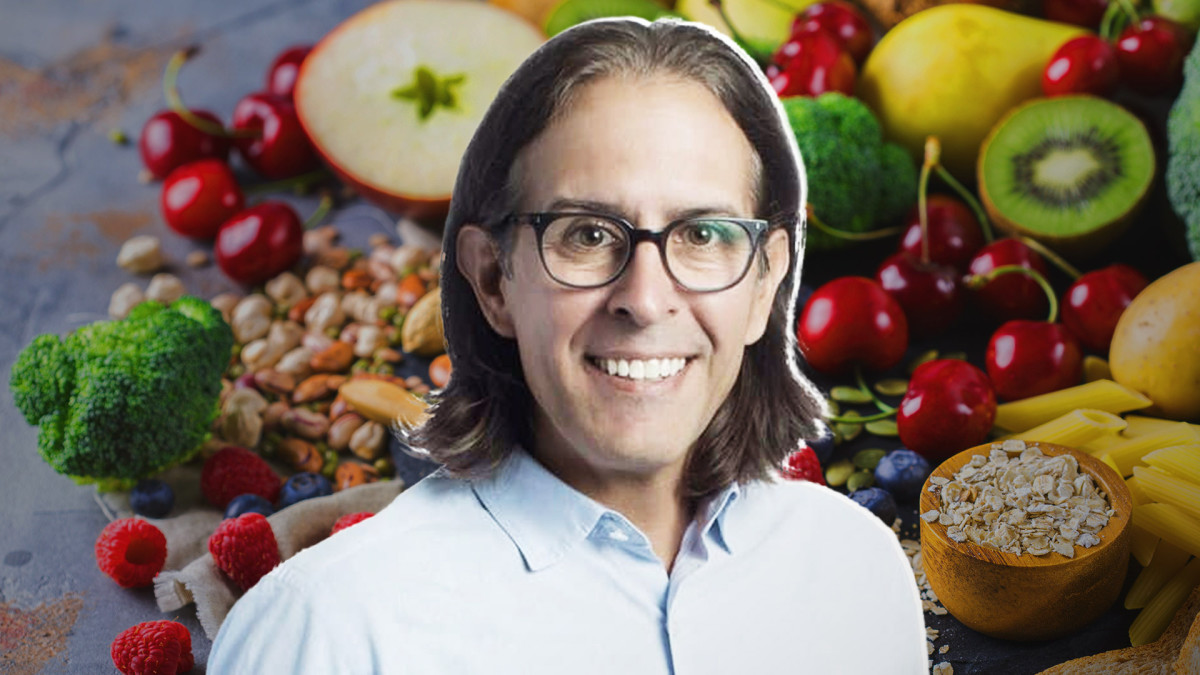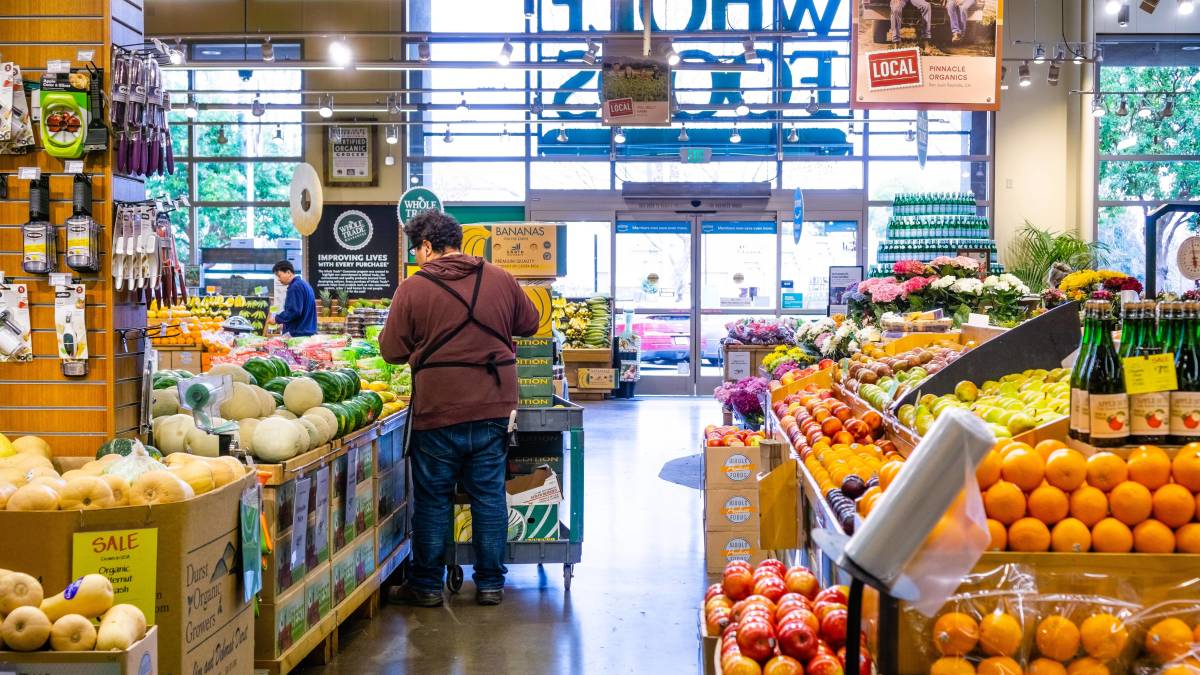
While no one likes to think of the meal on their plate as a "trend," a wide range of interconnected global and cultural influences shape what we eat and buy at the grocery store. Recent years have seen everything from the explosion of alternative meats to the rise of TikTok recipes and more international ingredients sold at mainstream super markets. With rising food costs, cost also remains a constant consideration for many.
"We're seeing that customers want to keep their grocery shop price consistent week over week so their baskets might look a little bit different each week based on what's on sale," Jeff Turnas, Senior Vice President of Culinary for Whole Foods Market, told TheStreet in an exclusive interview.
Related: This is how you market an instant noodle empire in 2024
We discussed everything from what kind of products the Amazon (AMZN) -)-owned healthy supermarket chain is stocking up on to customers who balance food costs with "little luxuries"; the talk was edited for length and clarity.
TheStreet: Let's start with what the people want to know. What are some food trends you're seeing in sales now and what do you expect to be particularly popular in 2024?
Turnas: In terms of trends that are already happening right now, one of our food trend predictions for 2024 is fancy faux fish. That plays off some of the other trends happening in seafood. You're really starting to see a lot of tinned fish and caviar of really high quality. These are for the vegan audience; there's a new plant-based tinned seafood called Seed to Surf which is not on our shelves yet but it's part of what we call our local emerging accelerator program and a great example of plant-based seafood beyond the imitation crabs and vegan tuna salad and some of the old-school ways that [the industry] has tried to serve that customer base.
More Food And Retail:
- Inside Chipotle's ambitious sports marketing strategy and its partnership with a Formula 1 team
- Taco Bell has a new value offer (with a catch)
- A classic kitchenware brand files for Chapter 11 bankruptcy
We're also seeing a younger generation who has grown up eating sushi and is willing to experiment more and you also have a more plant-based and conscious customer as well. Building on this trend for 2024, we're seeing some really delicious plant-based spicy tuna rolls and a plant-based spicy snow crab roll. I've tried a million of these and while we get to taste a lot of fun things this was especially delicious and had great texture. It's not really for everyone but for those who are it is very hard to taste the difference.

Sundry Photography/Shutterstock
Demand for plant-based, sustainable foods continues to be strong in 2024
Is sustainability a primary consideration for Whole Foods customers?
There are a lot of different reasons people choose to eat what they eat or not eat what they eat. I think there's a sustainability element to it and there's a health element to it. But ultimately for us, it has to taste good. We have been very hesitant to roll out a plant-based sushi program in a big way because we haven't found the one that we like really love and we have now. Whether you're vegan or whether you just want to try something different, it has to taste great.
We're also really proud to be part of a founding member of a group called the Sustainable Wine Roundtable and I'm really excited about the bottle weight accord which is the first directive for the SWR. The goal here is to create immediate impact by reducing bottle weights and in turn reducing the carbon footprint of wine in our industry because research shows that a third to one half of the wine bottles industry's carbon footprint is tied to bottle weight so if we can cut the average bottle weight by about 25% there's the potential to slash the industry's carbon footprint by 11% or more. That's a pretty huge impact when the thickness of the bottle doesn't equate with quality.
'You've got value focus and you've got people being careful...'
Has inflation changed how customers shop?
Value certainly continues to be an important consideration for our customers. We've really leaned in on added value through our own brand 365 by Whole Foods Market and we're seeing that customers want to keep their grocery shop price consistent week over week so their baskets might look a little bit different each week based on what's on sale on the perimeter of the store: produce, meat and seafood.
So you have this value focus going on and you've got people that are just being careful but this trend that we see is called little luxuries. It stems from what social media creators are calling the "little treat culture" and and it's really just brands that are getting on the trend of considering both cost and format — individual serving packages, something special from your grocery shop as a reward that you can enjoy later on the drive home.







